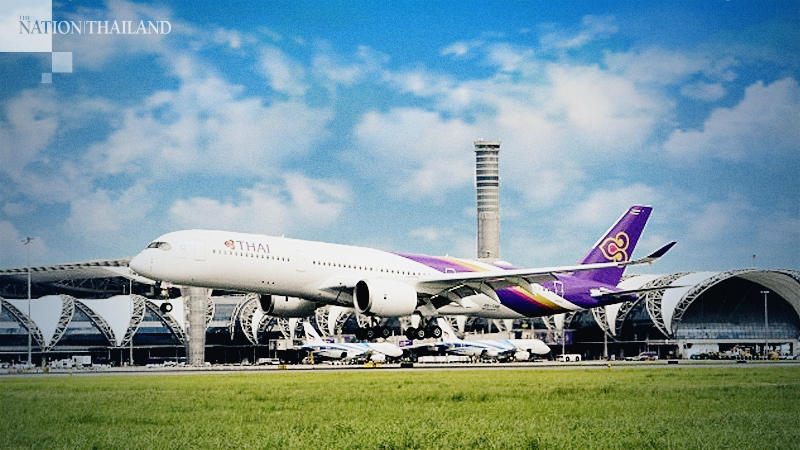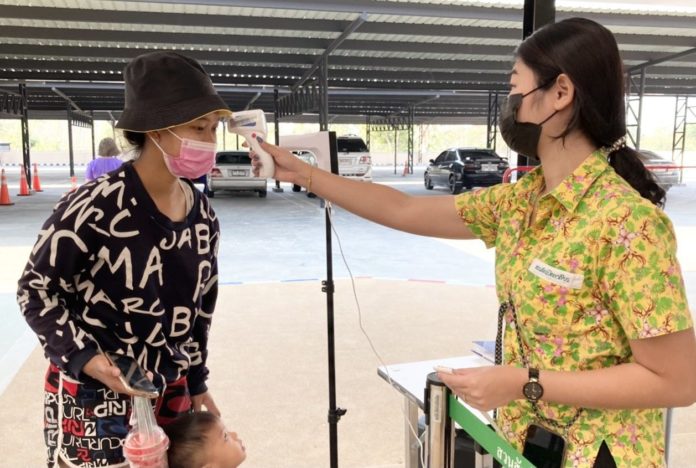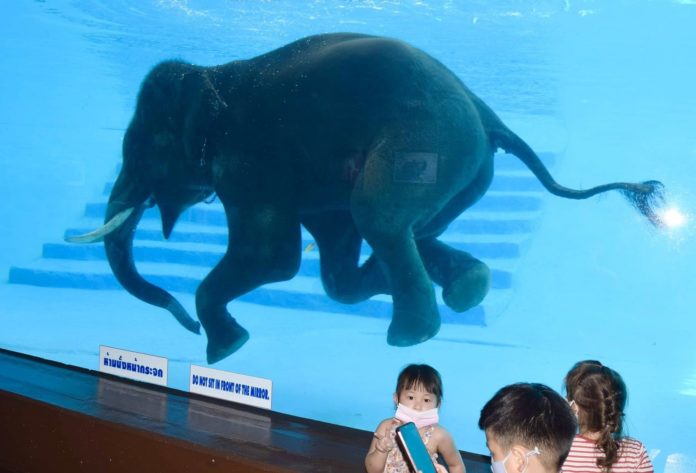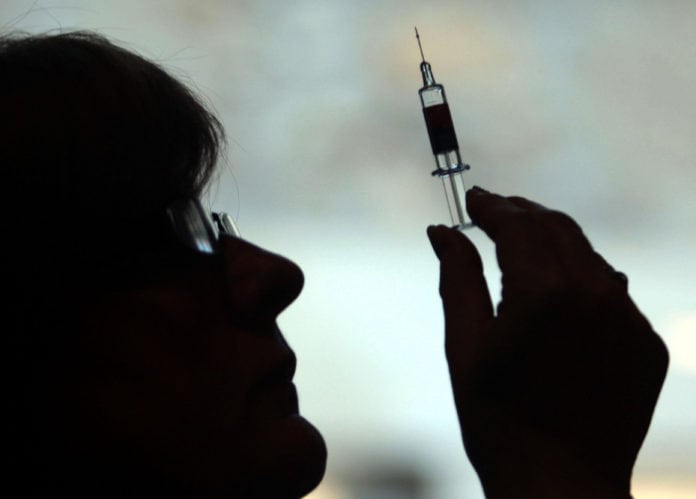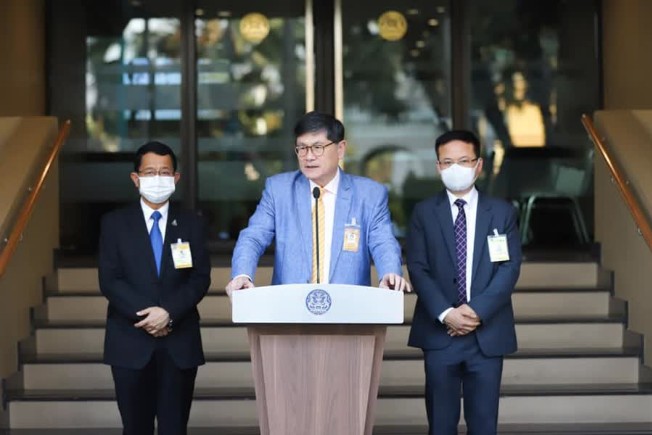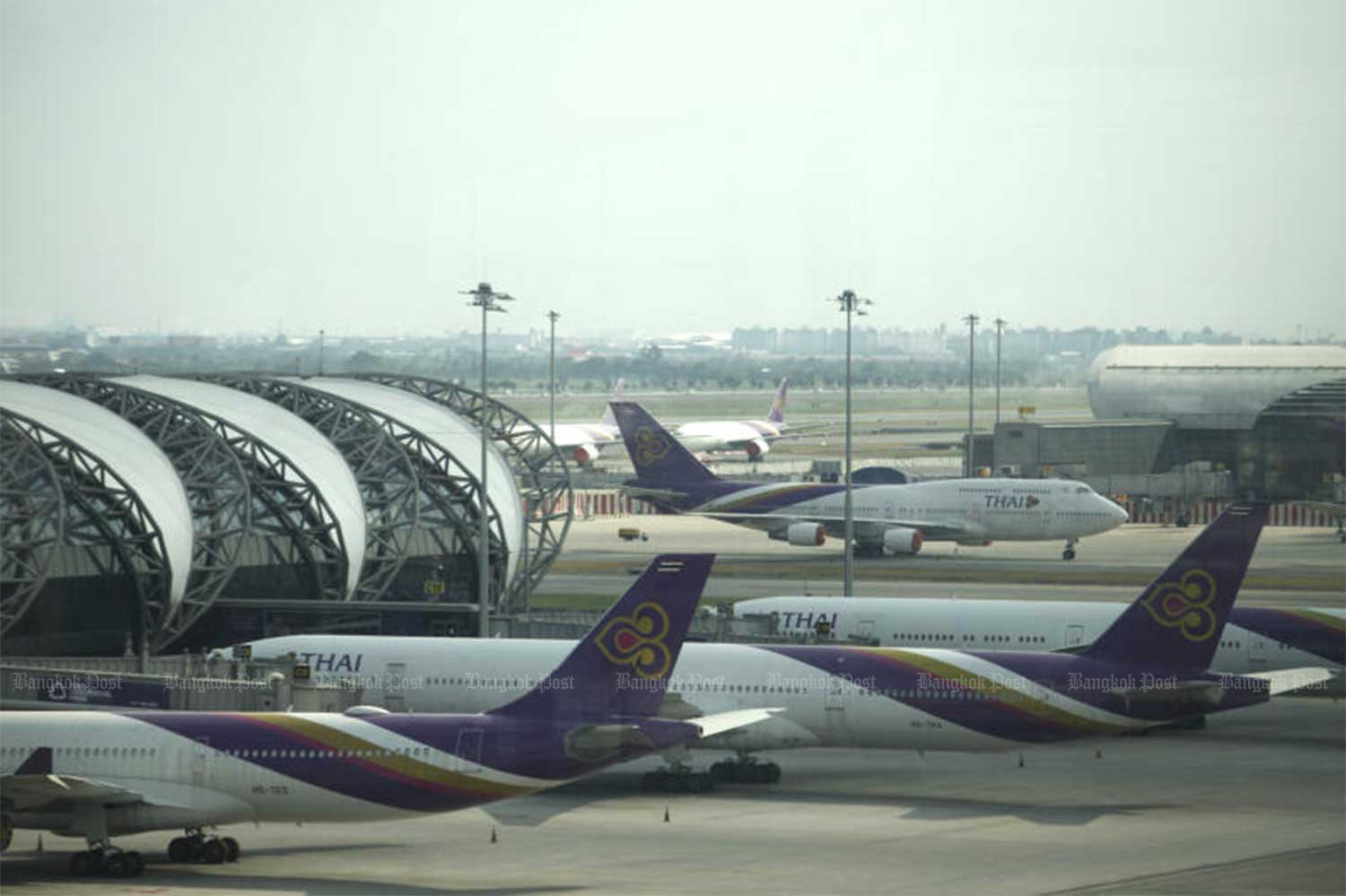
Thai Airways International's (THAI) debt rehabilitation plan needs a further review of critical points including the airline's ability to pay off its debts, according to Deputy Prime Minister Supattanapong Punmeechaow.
Mr Supattanapong, as deputy premier in charge of economic affairs, on Tuesday attended a meeting to hear from the planners, among whom are the carrier's board members.
Emerging from the meeting, he said the government has instructed the Finance Ministry, in its capacity as THAI's biggest shareholder, to conduct a further study of the plan's key points such as the debt structure, cash reserves and its ability to service debt.
THAI's total liabilities stood at 338.9 billion baht against total assets of 298.9 billion as of Sept 30 last year.
The study is picking up pace as the airline is expected to submit its rehabilitation plan to the Central Bankruptcy Court (CBC) by the deadline of March 2, said Deputy Prime Minister Wissanu Krea-ngam on Monday.
On Tuesday, Mr Supattanapong said the next meeting with the planners would need to be held soon as the deadline was approaching fast.
"We need to do a lot more homework and weigh the information we have carefully to pinpoint the airline's real debt servicing capacity," he said.
The deputy premier said the reality has to be gauged after sifting through debt rehab information and recommendations put forth by consultancy firms.
The bottom line was that the airline must prepare a plan which would win approval from creditors, he said.
If necessary, THAI may require transformation into a privately owned company to ease implementation of the rehab, according to Mr Supattanapong.
THAI lost its status as a state-owned enterprise when the Finance Ministry reduced its stake in the airline to below 50% when the debt rehab became crucial.
The CBC approved a recovery plan last year after the coronavirus pandemic grounded most of its fleet, compounding its already struggling finances. It is the biggest case accepted by the CBC since the Debt Rehabilitation Act went into effect in 1998. It is also the biggest in terms of the number of creditors, at 10 million.
Before Tuesday's meeting, Mr Supattanapong said if the rehab blueprint sailed through, THAI could emerge from the restructuring process in two years. Success with the plan could then be replicated and used to streamline financially ailing state enterprises.
The government, which is one of the airline's creditors, is concerned about the vast amount of corporate bonds invested in by various cooperatives. This money belongs to ordinary people so the debt rehab plan must be designed and executed with prudence, he said.
.jpg.c4731d7564a1409cfcfb1a8a66ea3a9d.jpg)




